Voice of Freedom project gives trafficked women cameras to document their lives. Below is their work and their stories.
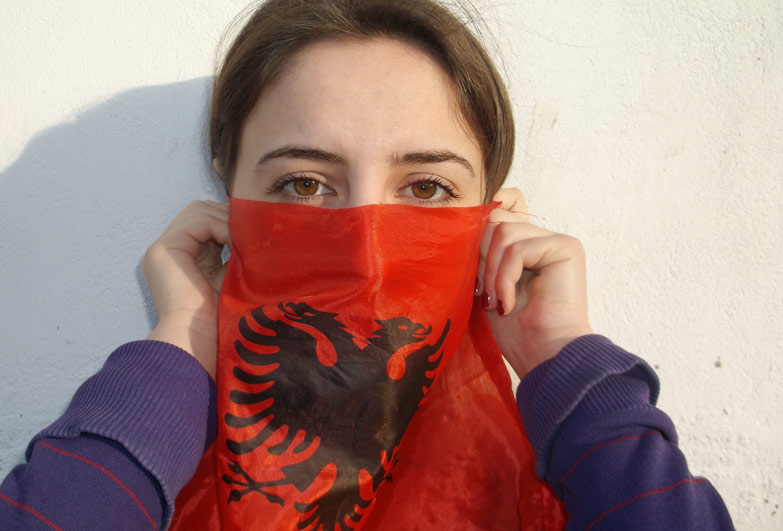
The Voice of Freedom Gallery is part of the main feature in our latest magazine the Reporter. Also read:
- Klara Skrivankova: Trafficked women’s photos highlights the need to protect all victims.
- Voice of Freedom founder Leila Segal on her experience of working with trafficked women.
Nili
‘Nili’ was trafficked from Albania to Italy and then to the UK, when her stepfather tried to sell her and her sisters and they ran away from home. She was placed with a foster family until she turned 18, then in asylum seekers’ accommodation. Her landlord sexually assaulted her. She reported this to the police but they took no action. She attends adult education classes and is waiting for her asylum status to be determined.
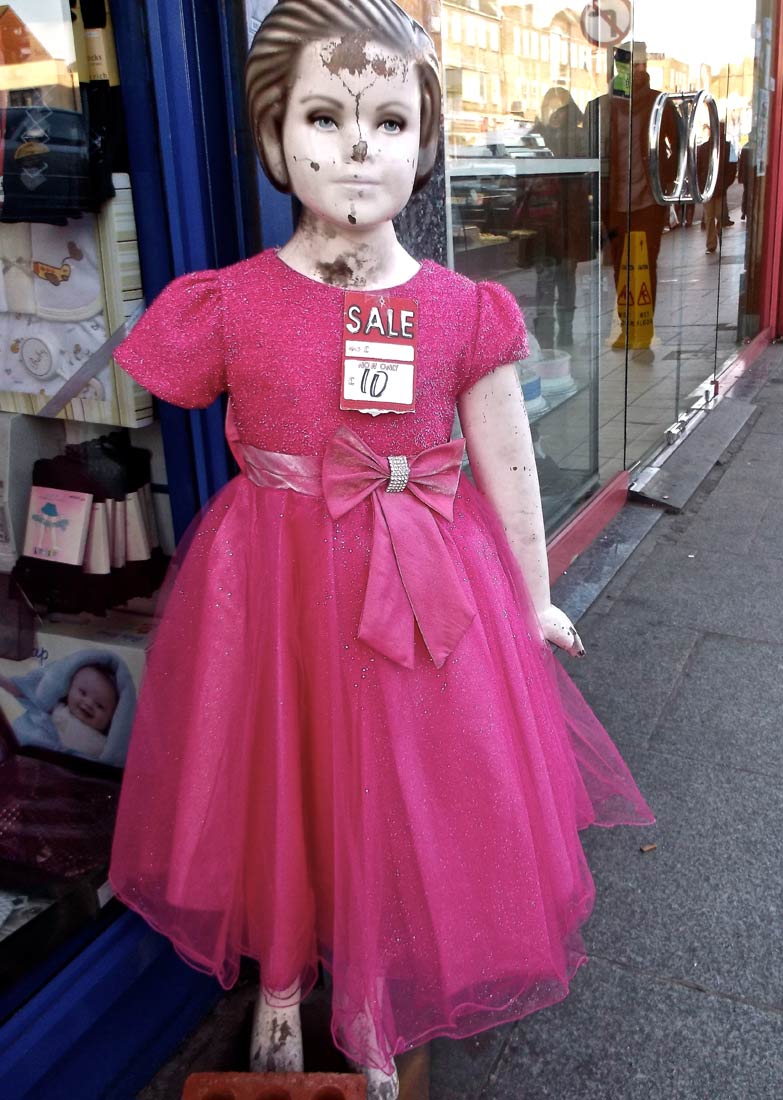
It makes the women feel really down.
Women are very important. For those men, the traffickers, their mother is a woman and they should really think about what harm they’re doing. Would they want the same thing done to their mother or their sister?” – Nili
Photo: © Nili Cupi, 2015/Voice of Freedom/PhotoVoice
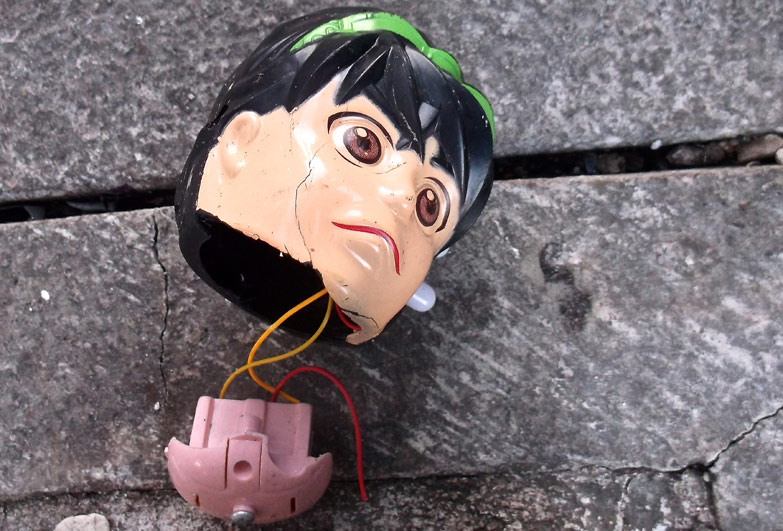
Her nature is to care for things, but the traffickers treat her like a doll, like rubbish. It’s really disgusting what they do. I would like to change the opinion of these men, and to say to them, if a woman doesn’t want to do these things, don’t abuse her.” – Nili
Photo: © Nili Cupi, 2015/Voice of Freedom/PhotoVoice
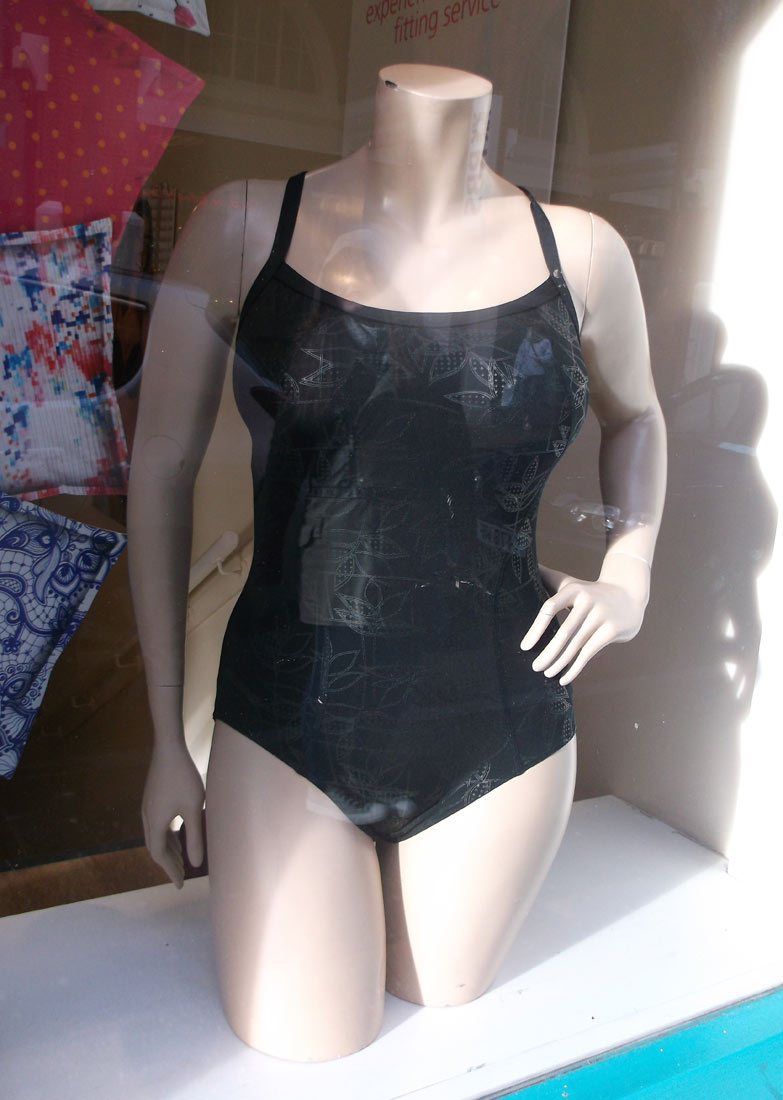
But women have worth and their identity is very important.
Everyone has a right to be a part of the world, free to enjoy their life as they want to – free and not captives who can only show and sell their bodies.” – Nili
Photo: © Nili Cupi, 2015/Voice of Freedom/PhotoVoice
Fruit of Love
‘Fruit of Love’ was trafficked to the UK from China. She worked in a massage parlour that was raided by the police and she was arrested. Her health is fragile as a result of her experiences and the traumas continue to play out in her life; she often is not well enough to participate in group activities or education offered to her.
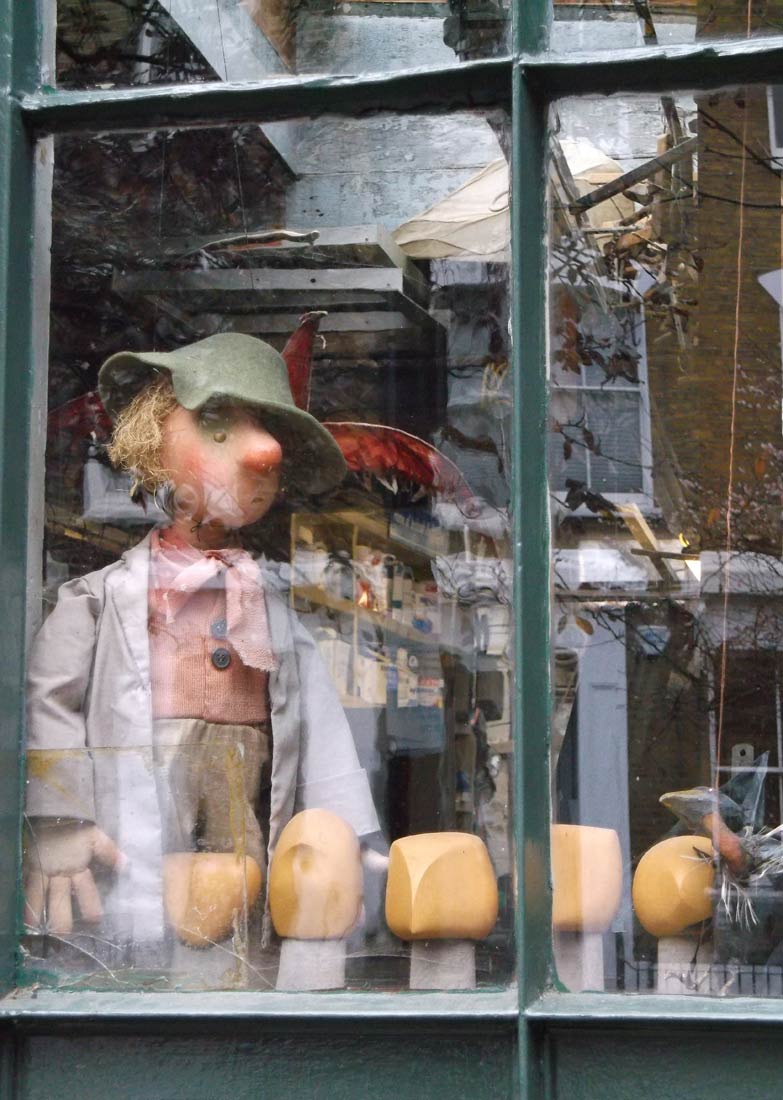
The puppet looks so lonely in the shop window, as he looks out into the street at the scenery. He seems to be saying, “Why are we different? Why can’t we go out there?”
This is like our life, the life of asylum seekers – the puppet can only look out at the outside world but he is not a part of it.” – Fruit of Love
Photo: © Fruit of Love, 2015/Voice of Freedom/PhotoVoice
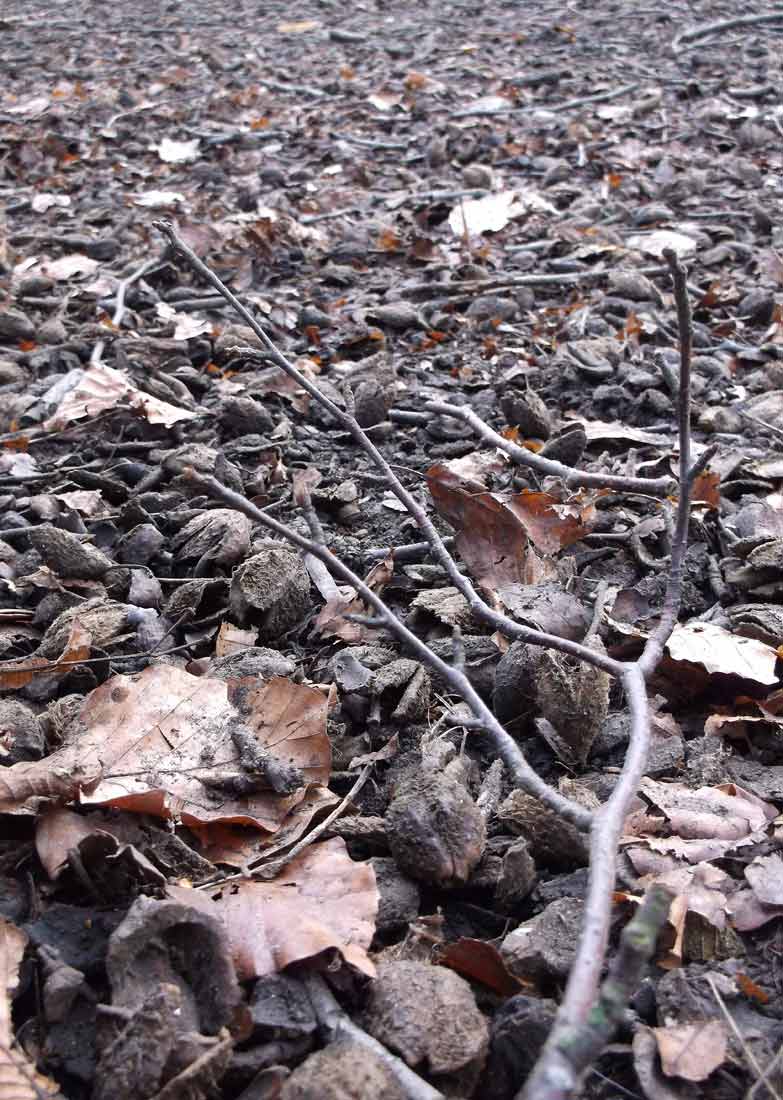
I am trying to voice my thoughts because English society, from government down to the corners of society, everyone is trying to get rid of refugees. But over time you will see that society needs that nutrition: you cannot live without us. Earth is turning and society is changing. The day will come when we all can be useful.” – Fruit of Love
Photo: © Fruit of Love, 2015/Voice of Freedom/PhotoVoice
Haimanot
‘Haimanot’ was trafficked from rural Ethiopia to Middle East. She was held captive there by a family in a basement and forced to work at their house. When the family visited Ireland, she managed to escape. She was detained and then deported from Ireland. She now lives in refugee accommodation in London. Deep trauma she suffered continues to affect her profoundly.
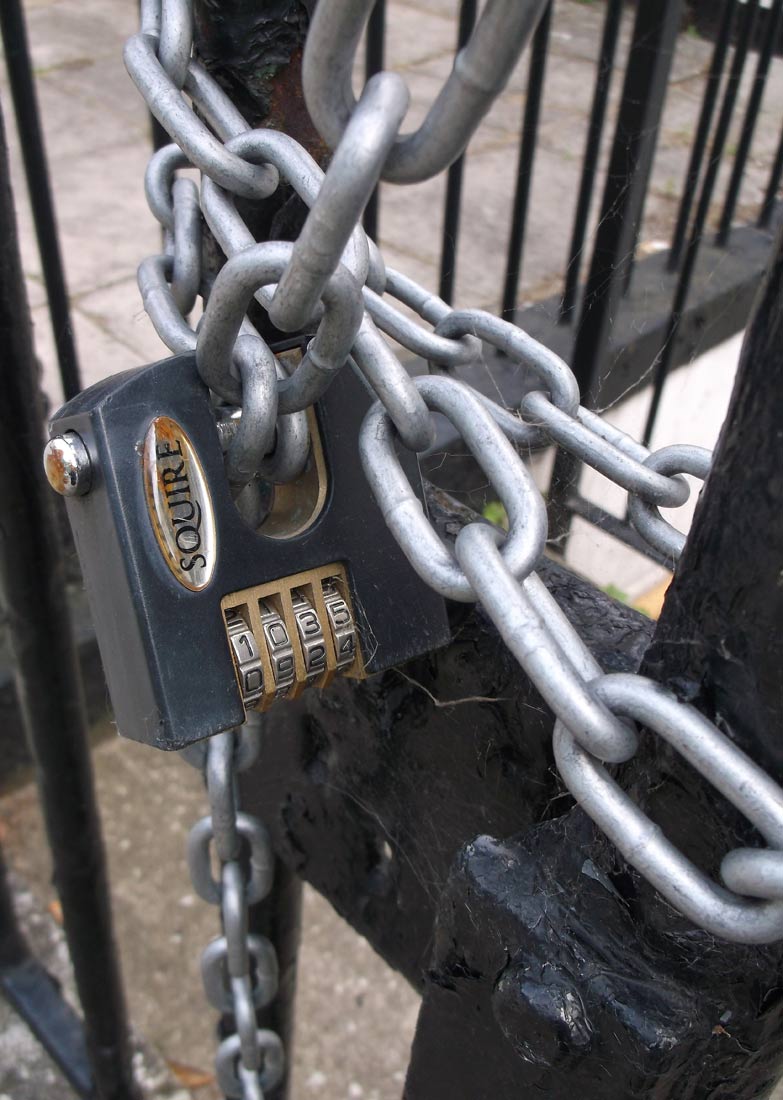
Lock means it’s a secret of yourself. If you don’t take out from here and open the lock nobody knows your secret.
Even me when I came here after the detention, if I tell to somebody this thing maybe they will send me again to the detention. If I do this it’s not good – and I keep it in my heart, everything, I don’t tell it to anybody.
When I came here to this organisation, what I learned is…[…] telling is better than keeping inside.” – Haimanot
Photo: © Haimanot, 2015/Voice of Freedom/PhotoVoice
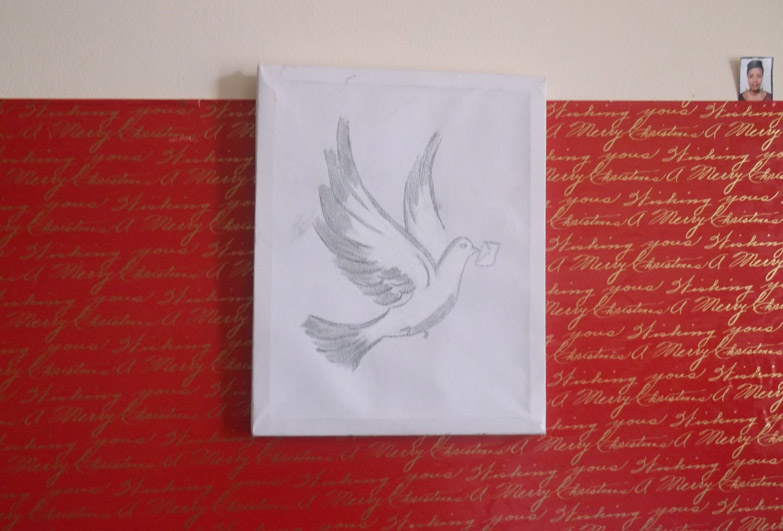
Then my friends from the detention gave me this beautiful picture of a bird with envelope. They told me the bird will bring you a good news. After a few days the people came from the human rights organisation and I came out from detention.” – Haimanot
Photo: © Haimanot, 2015/Voice of Freedom/PhotoVoice
Madeline
‘Madeline’ was trafficked into domestic work in the UK from a Ghanaian village. After running away she was homeless, until a fellow Ghanaian woman helped her out. She got a job as a cleaner in a hotel, but this disqualifi ed her from Legal Aid. She now has a serious partner, but all hangs in the balance until her permission to stay in the UK is extended.
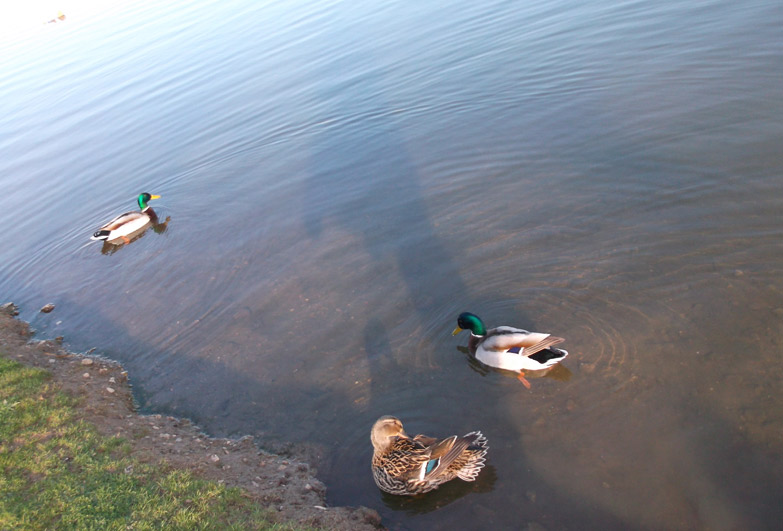
Photo: © Madeline, 2015/Voice of Freedom/PhotoVoice
Gena
‘Gena’ is Nilli’s sister. She was trafficked from Albania to Italy and then to the UK. Her boyfriend, a man she loved and trusted, sold her to another man who took her to Italy. She has gone through the asylum process and been given leave to remain. She lives alone, but in shared accommodation with other refugees. She is very lonely, and finds it hard to take advantage of education and other opportunities offered to her. She finds the UK very unfriendly, completely different to Albania, people are cold and closed. She is often depressed.
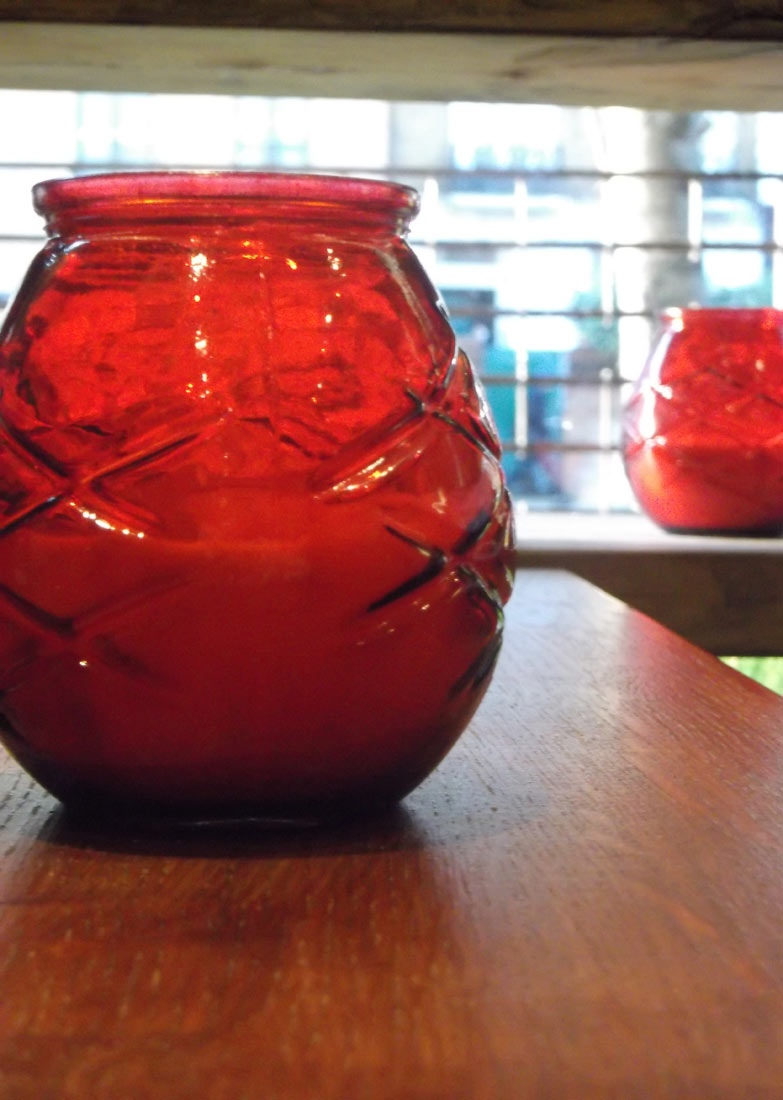
I trusted my boyfriend and I went to live with him, but he lied to me. I never trust any more. He worked like this – to sell women. He just came to meet people, like a girlfriend, and he took them to sell.” – Gena
Photo: © Gena, 2015/Voice of Freedom/PhotoVoice
Bibi
‘Bibi’ was trafficked to France when she was sixteen from a children’s home in Nigeria. She escaped and made it to the UK, but was arrested on immigration grounds. She got help from an organisation helping trafficked women, and for several years lived in a shared accommodation for asylum seekers, where bullying and violence were commonplace. She finally was granted asylum, but remains extremely traumatised by her trafficking.
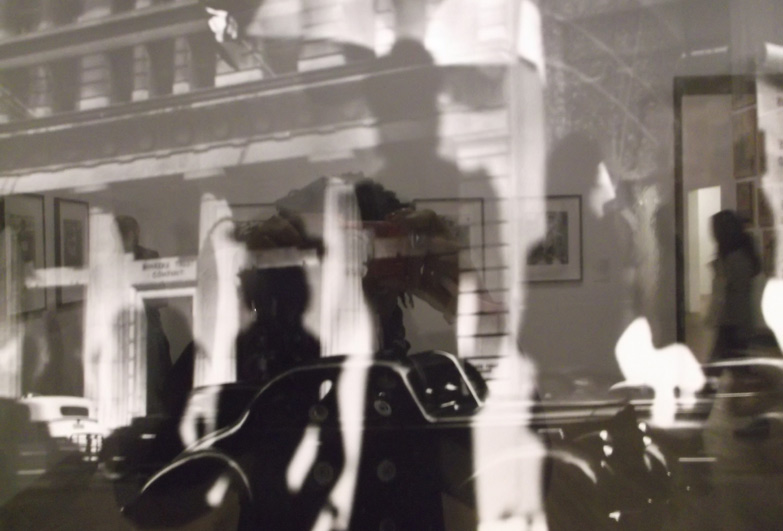
And you don’t see shadows when it’s dark – you can only see shadows through a light.
In this picture I feel secure because I’m in the middle of people – or the middle of shadows… shadows of people. They are protecting me from danger.” – Bibi
Photo: © Bibi, 2015/Voice of Freedom/PhotoVoice
- This article first appeared in our Reporter magazine. Donate or become a member to receive a copy twice a year delivered straight to your doorstep.
- Read more about the Voice of Freedom project